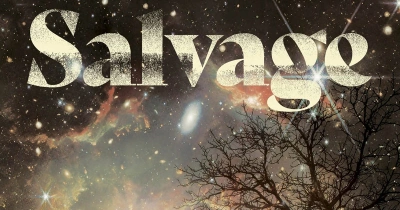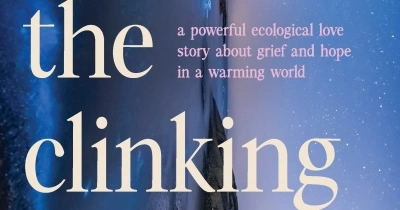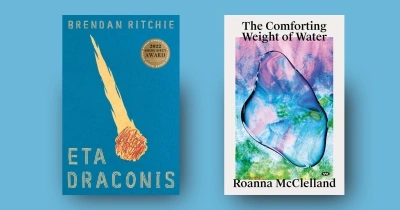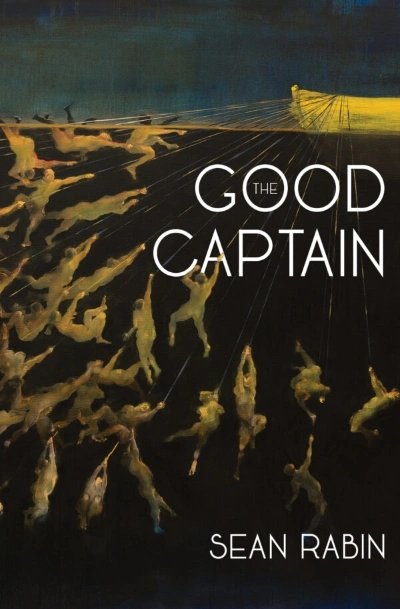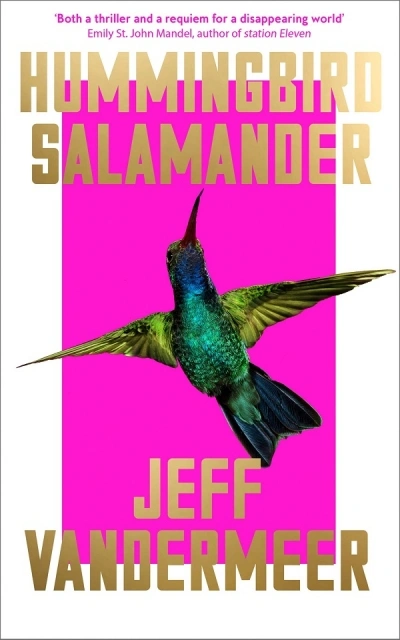Climate Fiction
The ABR Podcast
Released every Thursday, the ABR podcast features our finest reviews, poetry, fiction, interviews, and commentary.
Subscribe via Apple Podcasts, Stitcher, Google, or Spotify, or search for ‘The ABR Podcast’ on your favourite podcast app.
Diary
by Peter Rose
This week on the ABR Podcast we present Peter Rose’s final Diary as Editor of Australian Book Review. Peter began editing ABR in 2001 and retired just last month. The May issue was his final issue as Editor, and in his diary entry Rose recalls. Before coming to ABR, Rose was a publisher at Oxford University Press. He has published several books of poetry, an award-winning family memoir, Rose Boys, and two novels. His latest poetry collection is Attention, Please! published in February this year. As a critic, Rose has written for a variety of publications, including ABR. He also writes and performs short absurdist plays with The Highly Strung Players. Here is Peter Rose with his ‘Diary’, published in the May issue of ABR.
Recent episodes:



